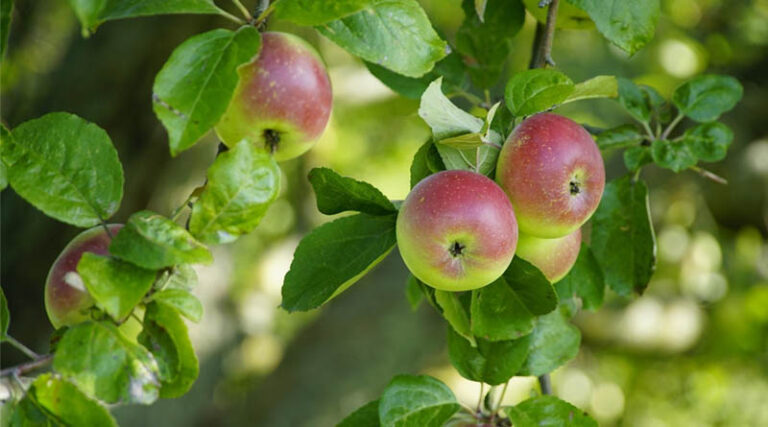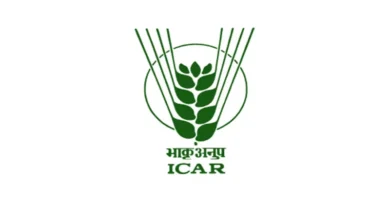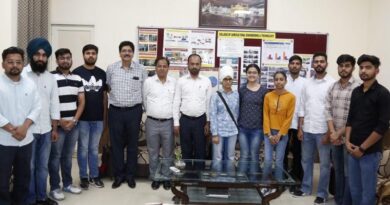
Kashmir’s Apple Revolution: Young Farmers Bypass Middlemen with Social Media Sales
22 June 2025, New Delhi: A quiet revolution is unfolding in Kashmir’s lush apple orchards, where a new generation of farmers is reshaping how India’s most prized apples reach consumers. By harnessing the power of social media platforms, orchardists are disrupting the age-old dependence on commission agents and wholesale markets, carving out direct-to-consumer paths that promise better profits and greater autonomy.
For decades, apple growers in Kashmir — who produce nearly three-quarters of India’s apples — were tethered to a supply chain dominated by middlemen. These intermediaries often dictated prices and delayed payments, leaving farmers vulnerable. But a new wave of digitally savvy growers is challenging that system.
Adil Nazir, a 28-year-old orchard owner in Shopian, represents this shift. “Earlier, we had to wait for commission agents. They quoted the price, took the apples, and left us with little control or profit,” he explains. “Now, I use WhatsApp and Instagram to sell directly to customers in Delhi and Mumbai.”
Social media is emerging as a lifeline for many such farmers. WhatsApp helps coordinate logistics and group deliveries. Instagram showcases apple varieties with professional-looking photos. Facebook and YouTube serve as educational tools, teaching techniques from pruning to cold storage management. Rouf Ahmad, a horticulture graduate, runs a YouTube channel that offers practical farming tutorials. “This isn’t just digital marketing—it’s digital empowerment,” he says.
The impact is measurable. In the 2023 harvest season, collectives such as Kashmir Fresh Picks in Baramulla sold over 30,000 kilograms of apples directly through Instagram, bypassing traditional mandis. Their profits reportedly rose by 30%, as farmers managed packaging, payment (using UPI and QR codes), and doorstep delivery—all via smartphones.
When an unexpected snowstorm hit the region in November 2023, these same digital channels became vital. Farmers quickly documented damage, coordinated responses, and petitioned for compensation—without waiting for government intermediaries.
Still, the digital leap is not without its hurdles. Many older farmers struggle with smartphones and social apps. Rural pockets lacking strong 4G connectivity remain digitally disconnected. Language is another barrier, with many resources in Hindi or English inaccessible to those fluent only in Kashmiri. Misinformation also spreads easily in online forums, leading local agricultural officers to call for better content moderation and verified digital support platforms.
Experts emphasize that the government and agricultural institutions must step in with training programs, subsidies for connectivity, and digital literacy campaigns to avoid widening the gap between tech-savvy and traditional farmers.
Despite these concerns, the rise of social commerce in Kashmir’s apple industry signals a profound transformation. Growers are not just selling apples—they are reclaiming agency, building brands, and forging connections with customers hundreds of kilometers away.
Also Read: India’s Agricultural Sector on Track to Triple: McKinsey Highlights $3.1 Trillion Potential by 2047
📢 If You’re in Agriculture, Make Sure the Right People Hear Your Story.
Have a story the global agriculture industry should hear? From product launches to strategic announcements, Global Agriculture offers unmatched visibility across international agri-business markets. Connect with us at pr@global-agriculture.com to explore editorial and advertising opportunities that reach the right audience, worldwide.






